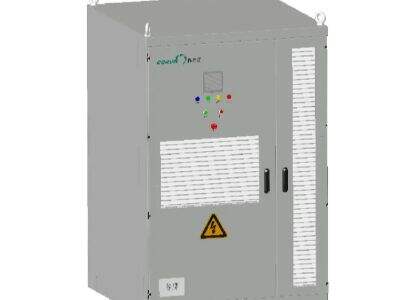Batteries are quite liet or perish in our lives. They energize most of the things you use on a daily basis, from light-up or noisemaking gadgets to your TV remotes and your voice-calling gadgets that help you communicate with family and friends. In this manual, we will be discussing two primary battery types, Ni-MH and Li-ion. Now let’s look at how these two types of batteries differ from one another, what their strengths and weaknesses are, and how to select the best one for your devices.
Differences Between Ni-MH and Li-ion Batteries
First of all, Ni-MH batteries. These batteries can be recharged in the first place, so you’re not constantly buying new ones. They are typically more cost-effective than Li-ion batteries, and can last for a significant amount of time once in use. One downside to Ni-MH Battery Material is. They do not carry as much energy as Li-ion batteries. Since they supply less power, this has an impact on how long your devices run before needing another charge. Also, Ni-MH batteries can take longer to recharge, inconvenient if you want to use your device straight away. They are also larger and heavier than Li-ion batteries and therefore less portable.
Now, let us shift to considering Li-ion batteries. Lipo batteries are slightly on the expensive side compared to Ni-MH batteries, but the advantages are worth it. Li-ion batteries also contain a higher energy density which translates to them being able to power your devices for a longer duration. They are also significantly quicker charging than Ni-MH another Ni-MH Battery Module large plus when you only have seconds to spare. Plus, relative to Li-ion batteries, they are smaller and lighter in weight which aids in portability. Something to keep in mind however is that they do not last as long in the long run as Ni-MH batteries, because they can only be recharged so many times. This makes it possible to utilize them a long period, but they must be replaced earlier than Ni-MH batteries.
How Batteries Work
In order to know how batteries work better, you must learn about something referred to as energy density. Energy density is the volume of energy that a battery can hold per unit volume. For instance: Li-ion batteries are more energy-dense than their Ni-MH counterparts. That means they can deliver more power for a longer period. They charge faster and retain their charge longer than Ni-MH Battery Cell. But although Li-ion batteries are more powerful, they last shorter. That's because they lose some of their capacity little by little as time goes by, even if you don't use them a lot.
Choosing the Right Battery
How To Select The Appropriate Battery For Your Device If you are completely unsure what battery to select, the following are some simple rules to use. Think about how much you will utilize the device initially. So, for instance, frequently using the device, you might consider a Li-ion battery since it will charge more quickly and supply more power. If you just use your device occasionally, however, you might also opt for a Ni-MH battery, as it is more affordable and lasts longer. Next, think about how much you require this battery to be lightweight and small. If you want portability, then go for a Li-ion battery as they are simple to carry. But in case you don't care for a bigger and heavier battery, then a Ni-MH battery would be just as good.
Advantages of Li-ion Batteries
Li-ion batteries are highly beneficial to many devices and are used ubiquitously. Because these batteries are light in weight, these are also very portable and used in devices like phones and laptops. And they are not bulky so can be fitted onto thin lines. They are ideal for applications that require large amounts of power, like cameras capable of taking fine images, since they can pack a tremendous amount of energy. In addition, Li-ion batteries support fast charging and retain their charge longer than Ni-MH Battery Material, so you won't have to be concerned about your batteries dying in the middle of your favorite game or video.
The Environmental Impacts of Batteries
It's worth taking into account the environmental impact of both batteries when making a decision. Nickel, which is one of the materials used in Ni-MH batteries, is harmful to the earth. They also have cadmium, a harmful substance that causes issues if discarded improperly. Li-ion batteries, on the other hand, are made with lithium, an uncommon metal that needs to be dug up from the earth. Lithium mining may cause pollution and destruction of the environment, which has negative environmental impacts. Something good about Li-ion batteries is they are generally easier to recycle than Ni-MH batteries, so they produce less waste and have a smaller environmental footprint.

